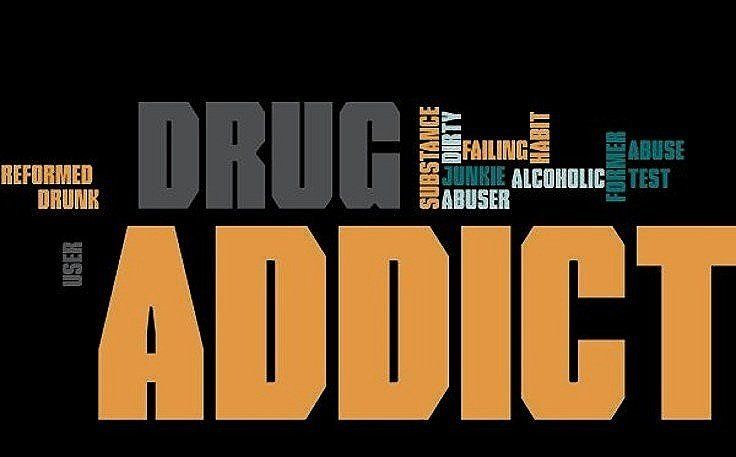Words Matter: When Talking About Addiction

Addiction is a chronic but treatable medical condition. Many people still talk about addiction in ways that are stigmatizing—meaning they use words that can portray someone with a substance use disorder (SUD) in a shameful or negative way and may prevent them from seeking treatment
Simple changes in language can reduce and avoid the harmful stigma and negativity.
What is stigma? Glad you asked!
Stigma is discrimination against an identifiable group of people, a place, or a nation. Stigma about people with substance use disorders might include thoughts like they are dangerous, incapable of managing treatment, or at fault for their condition.
The stigma around addiction may come from old and inaccurate ideas or information. Today, we know that addiction is a chronic, treatable medical condition. We also know that people can recover and continue to lead healthy lives.
Feeling stigmatized can make people with SUD less willing to seek treatment. Negative stereotypes about people with SUD can make others feel pity, fear, and even anger. It also negatively impacts the families of those with SUD.
How can I/we remember to use words that aren’t stigmatizing?
Use person-first language, which focuses on the person—not their illness. For example, “person with a substance use disorder” has a neutral tone and separates the person from his or her disorder.
Here are some terms to use, terms to avoid, and why.
When talking about yourself or others with Substance Use Disorder
Use...
- A person with a substance use disorder
- A person with an opioid use disorder (OUD) or a person with opioid addiction
Instead of...
- Addict
- User
- Substance or drug abuser
- Junkie
Because…
- Using person-first language shows that SUD is an illness.
- Using the correct words shows that a person with a SUD “has” a problem/illness rather than “is” the problem.
- Using the correct terms helps to avoid eliciting negative associations, punitive attitudes, and individual blame.
I hope you will put these new terms into practice. I will be back with more examples soon.
Excerpts from Nora’s Blog; Addressing the Stigma that Surrounds Addiction (April 2020).
Sylvia Gibbs
